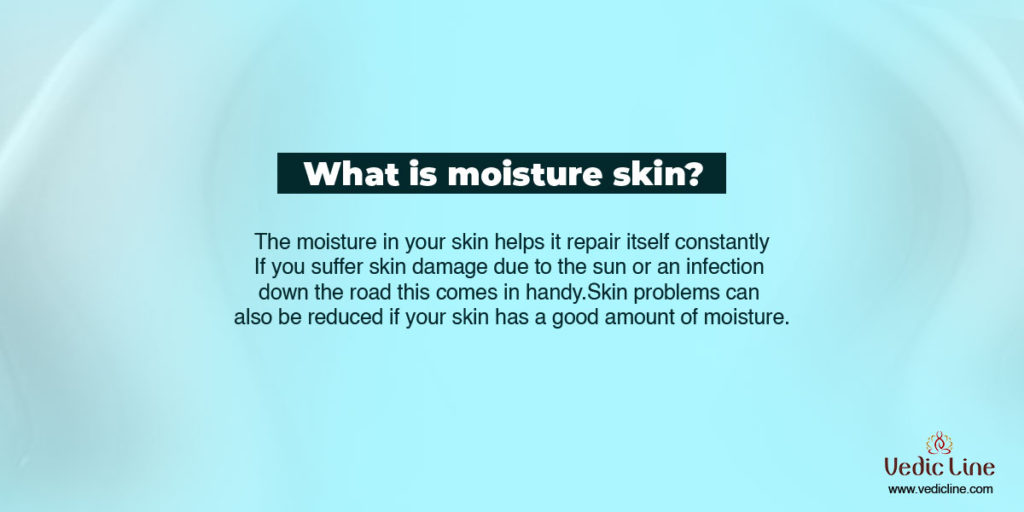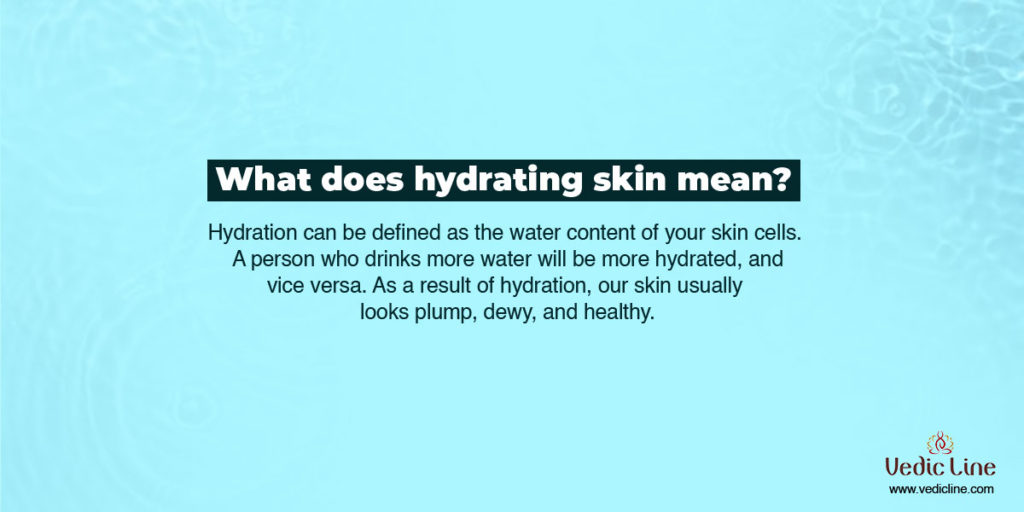Moisture Vs Hydration – How Do They Differ?

In our quest for healthy and vibrant skin, we often come across terms like “moisture” and “hydration.” While these words are frequently used interchangeably, they have distinct meanings in the realm of skincare. Understanding the difference between moisture vs hydration first is crucial to care for our skin effectively.
In this article, we will delve into the disparities between these two concepts, highlighting their significance and the role they play in achieving and maintaining skin health.
Understanding Moisture
Moisture refers to the presence of water content in a substance or surface. In the context of our bodies, it primarily pertains to the skin. The skin acts as a barrier against external factors, and its ability to retain moisture is crucial for maintaining its elasticity, preventing dryness, and protecting against environmental stressors.
Factors Affecting Skin Moisture:
External Environment: Climate, humidity levels, and exposure to the elements can influence the amount of moisture in the skin.
Skin Type: Different skin types (dry, oily, combination) have varying natural abilities to retain moisture.
Skincare Products: The use of moisturizers and hydrating products can help replenish and lock in moisture.

Understanding Hydration:
Hydration, on the other hand, is the process of replenishing and maintaining the body’s water levels internally. It involves the intake of fluids, which are essential for overall bodily functions, including digestion, circulation, and temperature regulation.
Importance of Hydration:
Cellular Function: Water is vital for carrying nutrients to cells and removing waste products.
Body Temperature: Adequate hydration helps regulate body temperature, especially during physical activities.
Organ Function: Proper hydration supports the healthy functioning of organs such as the kidneys and the heart.
Key Differences
The main difference between moisture and hydration first lies in their focus:
Moisture primarily relates to external factors and is associated with the state of the skin’s surface.
Hydration, on the other hand, is an internal process, referring to the body’s water balance and overall well-being.
While moisture and hydration are distinct concepts, they are interlinked and profoundly impact each other. Proper internal hydration can improve the skin’s moisture levels, while well-moisturized skin can contribute to preventing water loss and dehydration.

Achieving Optimal Moisture Vs Hydration First
A. Skincare for Moisture:
Choose the Right Moisturizer: Select a moisturizer suitable for your skin type, containing ingredients like hyaluronic acid, glycerine, or ceramides.
Regular Application: Apply moisturizer after cleansing and toning, both in the morning and evening, to lock in moisture and keep the skin hydrated.
Humidifiers: In dry climates or during colder months, using a humidifier indoors can help maintain optimal moisture levels in the air and your skin.
B. Hydration for Overall Health:
Drink Plenty of Water: Aim to consume at least 8 glasses of water daily, adjusting your intake based on physical activity and environmental conditions.
Include Hydrating Foods: Consume fruits and vegetables with high water content, such as watermelon, cucumber, and oranges.
Limit Dehydrating Beverages: Reduce the intake of caffeinated and alcoholic beverages, as they can contribute to dehydration.
Best Moisturizers for Your Skin
Fig & honey moisturizer
The fig & honey moisturizer combines the nourishing properties of fig & honey to provide deep hydration and rejuvenation to the skin. This moisturizer is specially designed to deliver intense moisture and essential nutrients to dry & dehydrated skin leaving it soft supple skin.
The key ingredient of fig extract is rich in antioxidants, vitamins, and minerals that help to improve skin elasticity and reduce the appearance of fine lines & wrinkles. Additionally, fig extract has soothing properties that can calm and alleviate skin irritations.
This lightweight formula absorbs quickly into the skin without leaving a greasy residue, making it suitable for all skin types. The Fig & Honey Moisturizer can be used day and night to replenish and revitalize the skin, providing a healthy and radiant glow. Incorporating this product into your skincare routine will leave your skin deeply moisturized, nourished, and protected.
Sandalwood & Turmeric Moisturizer
The Sandalwood & Turmeric Moisturizer is a skincare product that combines the benefits of sandalwood and turmeric to provide nourishment, hydration, and a healthy glow to the skin. This moisturizer is specially formulated to suit all skin types and is particularly beneficial for those with dull, dry, or blemished skin.
This moisturizer is enriched with additional moisturizing agents and emollients to provide long-lasting hydration. It nourishes the skin, leaving it soft, supple, and revitalized. The lightweight formula absorbs quickly into the skin, leaving no greasy residue. It is an excellent addition to any skincare routine, offering hydration, soothing benefits, and a natural glow.

Conclusion
In conclusion, while moisture and hydration are related, they have distinct roles in the health and appearance of the skin. Moisture refers to the water content present in the outermost layer of the skin, while hydration pertains to the water content within the deeper layers. Both moisture and hydration are crucial for maintaining healthy skin, as they contribute to its elasticity, smoothness, and overall well-being.
To keep the skin adequately moisturized, using occlusive moisturizers helps prevent water loss from the stratum corneum. On the other hand, promoting hydration involves supporting the skin’s ability to retain moisture from within by consuming adequate amounts of water and utilizing humectant-rich skincare products.
Understanding the difference between moisture vs hydration first empowers individuals to make informed choices when selecting skincare products and developing a skincare routine tailored to their specific needs. By incorporating both moisture and hydration strategies, we can strive for radiant, nourished, and healthy skin.
